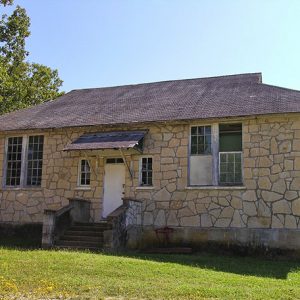 Agriculture/Vo-Tech Building
Agriculture/Vo-Tech Building
Entry Category: Campuses and Schools - Starting with A
 Agriculture/Vo-Tech Building
Agriculture/Vo-Tech Building
Alco School
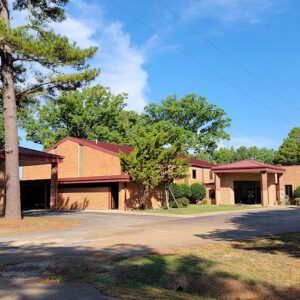 ALFDC Business Center
ALFDC Business Center
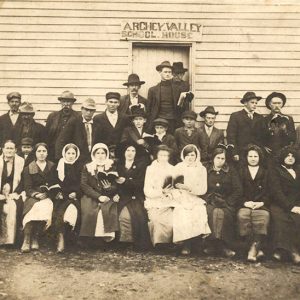 Archey Valley School
Archey Valley School
 Argenta High Demolition
Argenta High Demolition
Arkadelphia Baptist Academy
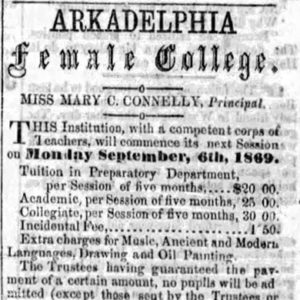 Arkadelphia Female College Ad
Arkadelphia Female College Ad
Arkadelphia Male and Female Institute
aka: Arkadelphia Institute
aka: Arkadelphia Female Seminary
aka: Arkadelphia Female College
aka: Arkadelphia Female Academy
Arkadelphia Presbyterian Academy
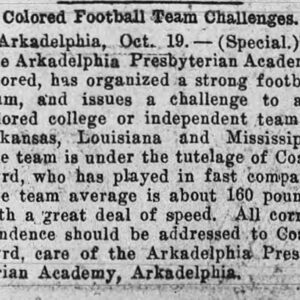 Arkadelphia Presbyterian Academy Football
Arkadelphia Presbyterian Academy Football
Arkansas Baptist College
Arkansas Christadelphian Bible School
Arkansas Christian College
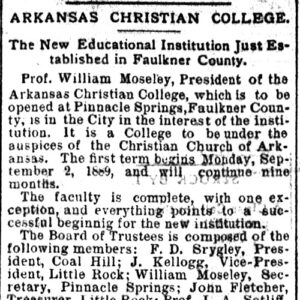 Arkansas Christian College
Arkansas Christian College
Arkansas College
Arkansas Conference College (ACC)
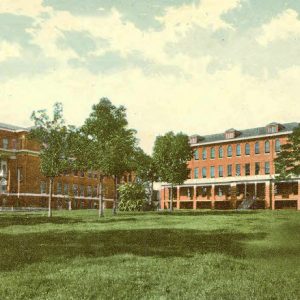 Arkansas Deaf Mute Institute
Arkansas Deaf Mute Institute
Arkansas Female College
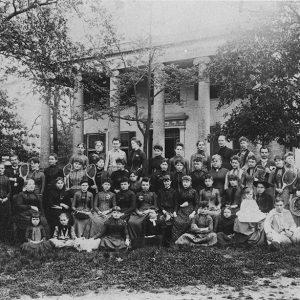 Arkansas Female College
Arkansas Female College
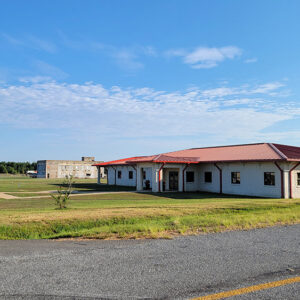 Arkansas Fire Training Academy
Arkansas Fire Training Academy
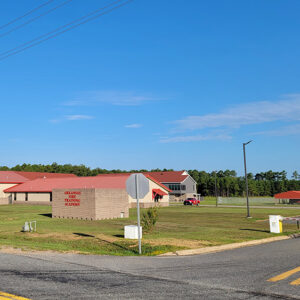 Arkansas Fire Training Academy
Arkansas Fire Training Academy
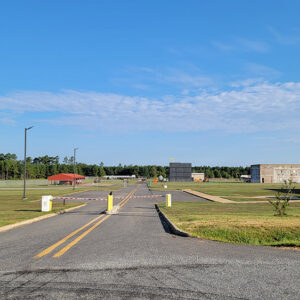 Arkansas Fire Training Academy
Arkansas Fire Training Academy
Arkansas Holiness College
Arkansas Normal College
Arkansas Northeastern College
Arkansas School for Mathematics, Sciences and the Arts
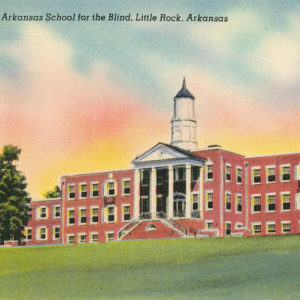 ASB Postcard
ASB Postcard
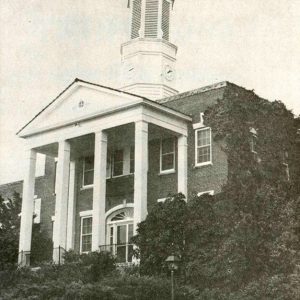 Arkansas School for the Blind
Arkansas School for the Blind
Arkansas School for the Blind (ASB)
Arkansas School for the Deaf (ASD)
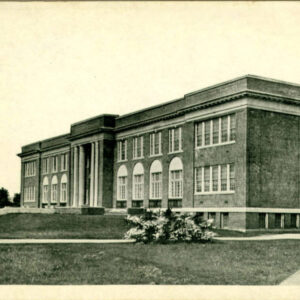 Arkansas State Normal School
Arkansas State Normal School
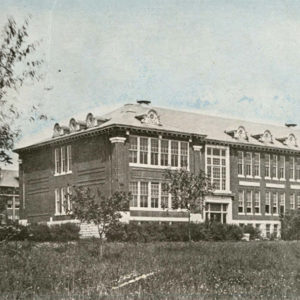 Arkansas State Teachers College
Arkansas State Teachers College
Arkansas State University (ASU)
Arkansas State University Mid-South
aka: Mid-South Community College
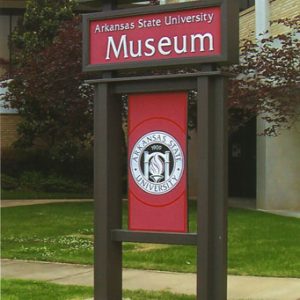 Arkansas State University Museum, circa 2008
Arkansas State University Museum, circa 2008
Arkansas State University System
Arkansas State University Three Rivers (ASU Three Rivers)
Arkansas State University–Beebe (ASU–Beebe)
aka: ASU–Beebe
Arkansas State University–Mountain Home (ASUMH)
Arkansas State University–Newport (ASU–Newport)
Arkansas Synodical College
Arkansas Tech University
Arkansas Tech University-Ozark Campus
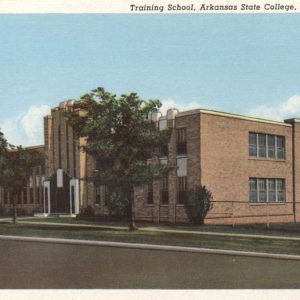 ASC Campus
ASC Campus
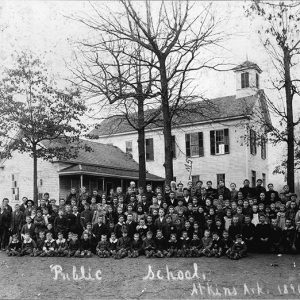 Atkins School
Atkins School
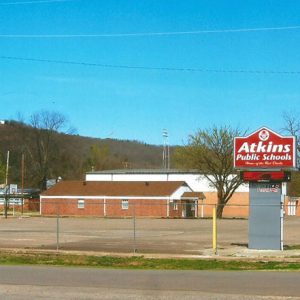 Atkins Schools
Atkins Schools
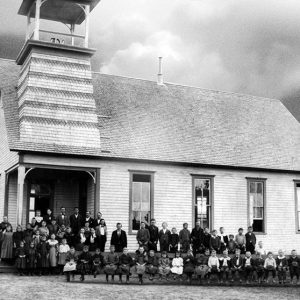 Aydelotte School
Aydelotte School




